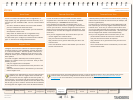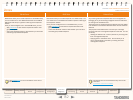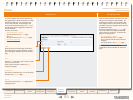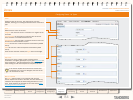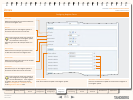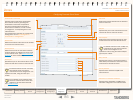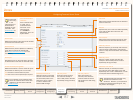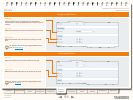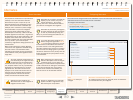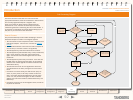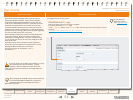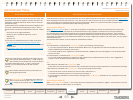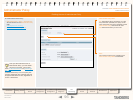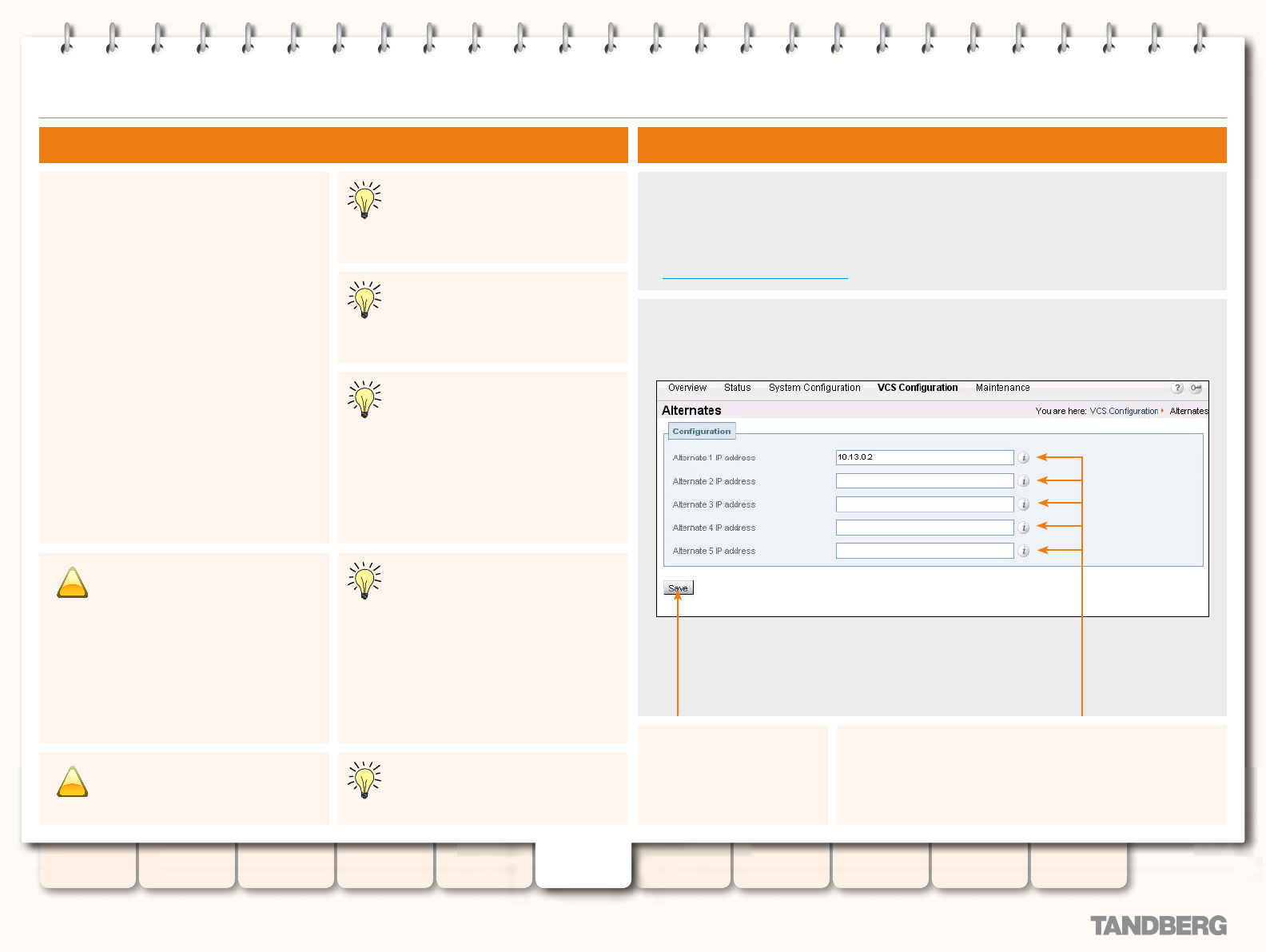
89
D14049.03
MAY 2008
Grey Headline (continued)
TANDBERG VIDEO COMMUNICATIONS SERVER
ADMINISTRATOR GUIDE
Introduction Getting Started
Overview and
Status
System
Conguration
VCS
Conguration
Zones and
Neighbors
Call
Processing
Bandwidth
Control
Firewall
Traversal
Maintenance Appendices
Alternates
The purpose of an Alternate is to provide extra
reliability in the rare case that a VCS fails.
Each VCS can be part of a pool of up to 6
Alternate VCSs that act as backups to each
other in case one becomes unavailable (for
example, due to a network or power outage).
All the Alternates in a pool are congured
similarly and share responsibility for their
H.323 endpoint community. When an H.323
endpoint registers with the VCS, it is given the
IP addresses of all the VCS’s Alternates. If the
endpoint loses contact with the initial VCS, it
will seek to register with one of the Alternates.
This may result in your H.323 endpoint
community’s registrations being spread over all
the Alternates.
When the VCS receives a Location Request,
it checks its own registration database along
with that of each of its Alternates before
responding. This allows the pool of endpoints
to be treated as if they were registered with a
single VCS.
About Alternates
Each VCS can be congured with the IP addresses of up to ve other VCSs that will act as
Alternates should the current VCS become unavailable.
To congure Alternate VCSs:
VCS Conguration > Alternates
•
.
You will be taken to the Alternates page.
xConguration Alternate
•
s
Alternate 1 to Alternate 5 IP address
To congure another VCS as an Alternate, enter its IP address.
Up to 5 Alternates may be congured.
Save
Click Save to save your
changes.
Conguring Alternates
Alternates are not used to increase the
capacity of your network; they are to
provide redundancy. To increase
capacity, add one or more additional VCSs to
your network and neighbor them together.
Alternates are periodically interrogated
to ensure that they are still functioning.
In order to prevent delays during call
setup, any non-functioning Alternates will not
receive Location Requests.
!
You must congure all Alternates in a
pool identically for all registration and
call features such as authentication,
bandwidth control and policy. If you do not do
this, endpoint behavior will vary unpredictably
depending on which Alternate it is currently
registered with. Alternates should also be
deployed on the same LAN as each other so
that they may be congured with the same
routing information such as local domain
names and local domain subnet masks.
When conguring your VCS with the
details of the system it will be using as
a traversal server, you are given the
opportunity to include details of any Alternates
of that traversal server. Adding this information
to your VCS will ensure that, if the original
traversal server becomes unavailable, your
VCS can use one of its Alternates instead.
!
Systems that are congured as
Alternates must not be congured as
neighbors to each other.
Failover re-registration to an Alternate
applies to H.323 re-registrations only.
SIP currently has no equivalent.
If you have Alternates congured, you
should change the registration Time to
live on the primary VCS and on each of
its alternates from the default 30 minutes to
just a few minutes. This setting determines
how often endpoints are required to re-register
with their VCS, and changing this to just a few
minutes will ensure that if the primary VCS has
failed, the endpoint will quickly failover to one
of its Alternates.



